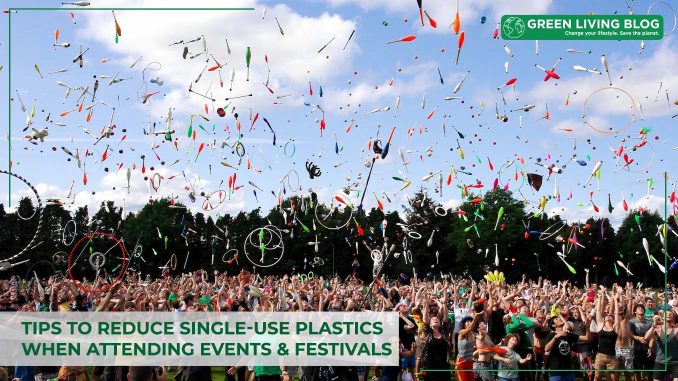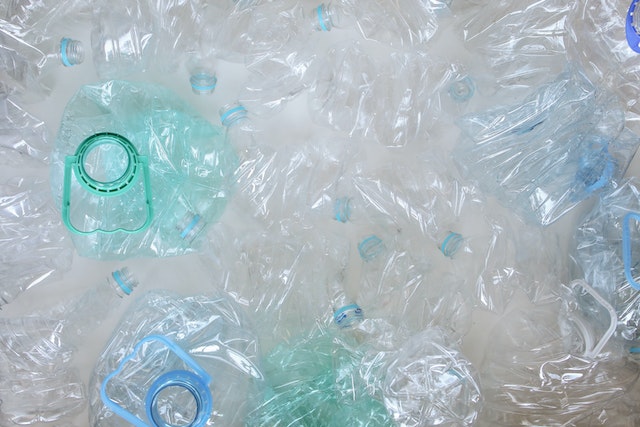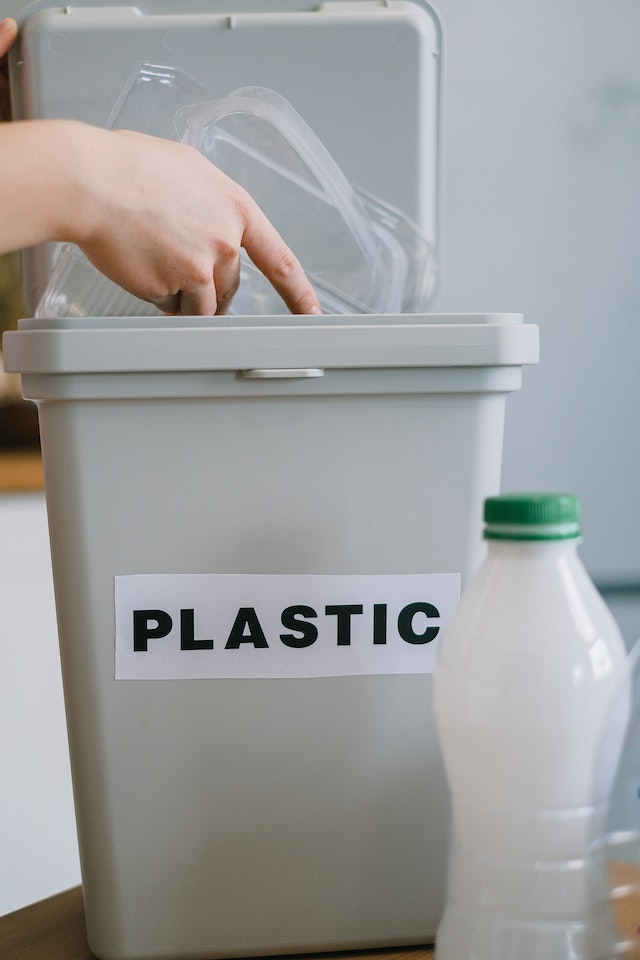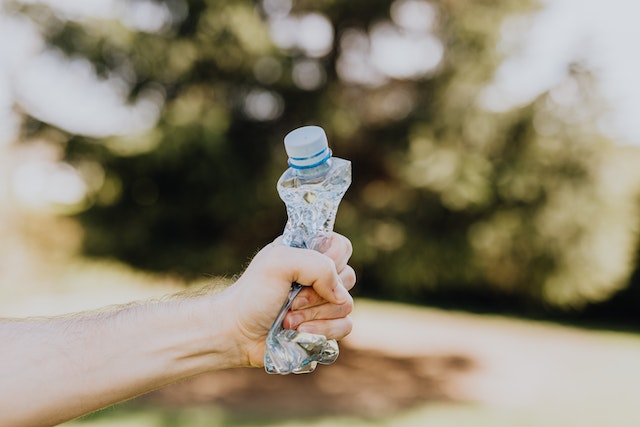
Events and shows are one of the most challenging places to manage waste.
With so many people attending, how do event organisers ensure that things stay green?
Or how do attendees avoid littering single-use plastic or reduce their use to move towards zero waste?
Whether it’s a weekend-long event or an annual community fair, here are a few changes you can make to reduce plastic waste while attending events and shows:
1. Plan ahead and identify if you really need single-use plastics
Consider if you really need to use plastics or if you can switch to an alternative material. Make a list of the items you require so that you are aware of how much you are spending and can limit your use of single-use plastics.

Instead, opt for recyclable options where possible. Also, look for reusable options and do your research to find out where you can buy these items. There are far more options on the market today than you may believe.
2. Choose compostable plates, cutlery, and utensils
Look for food vendors that provide alternatives to plastic plates, including recycled or compostable plates, cutlery, and utensils. Compostable materials are made from plant-based sources and break down easily so that they can be used as fertiliser after use.
Chances are that most food vendors will provide compostable utensils, especially if the event is being organised by an event company that practises sustainability to reduce the impact of single-use plastic on the environment and wildlife.
3. Go digital for identification, gate passes, tickets, etc.
The rise of technology has made it easier than ever to reduce single-use plastics at events. One of the simplest and most effective ways to do this is to use digital identification, gate passes, and tickets. By going digital with green apps for example, you can save both time and money while ensuring that your individual footprint is as small as possible.

Plus, a digital system is more secure, reducing the risk of fraudulent tickets and gate passes. Going digital also helps create an even more seamless experience for attendees and organisers alike.
4. Raise awareness about single-use plastics
A major part of reducing single-use plastics at events is raising awareness and educating people about the impact of single-use plastic on the environment. It’s essential to talk openly and honestly about the importance of reusing and recycling plastics, particularly if the event’s goal is to raise awareness about our impact on the environment.
Additionally, you can also speak to members of staff for tips, guidance, and suggestions on how you can dispose of single-use plastics or buy reusable items, such as by using recyclable bottles, reusable shopping bags, and so on. Doing so will ensure that you minimise the amount of plastic waste you generate at the event.
5. Make use of recycling and waste bins
Always make use of recycling and waste bins at an event. In most cases, they will be clearly marked and visible around the site. For event organisers, placing recycling bins in convenient locations is a key factor in reducing single-use plastic consumption at your event.

Not only does it make it easier for guests and attendees to dispose of their waste properly, but it also encourages them to dispose of their waste properly using designated commercial bins rather than litter on the site. Having an array of bins labelled with what can and cannot be recycled in each one will ensure that people are aware of the different materials that can be recycled and how to dispose of them correctly.
6. Bring your own water bottle
It’s a good idea to bring your own water bottle when attending your event. This is a great way to reduce single-use plastics. Most events may have designated places to refill water bottles, such as water dispensers and reusable water stations. If you must buy water bottles at an event, make sure to dispose of them correctly using recycling bins.
7. Dispose of general waste responsibly
Events and festivals can generate a lot of waste, especially single-use plastics. Therefore, make sure you know what items can be recycled or composted and what items cannot, and dispose of your waste properly using the designated bins. For event organisers, it’s important to have a good event waste management policy in place to ensure that all general waste, including single-use plastics, is disposed of responsibly.

Hiring licenced waste removal services and professionals is a great way to ensure that your event site is kept clean and all waste materials are disposed of correctly. These services can provide you with waste and recycling bins, bags, and other receptacles to ensure that all single-use plastics and other general waste are disposed of safely and properly. They can also provide transportation and disposal services, meaning you don’t have to worry about transporting the waste yourself.
Final words
By taking small steps to reduce single-use plastics, you can make a big difference. By following the tips outlined above, you can ensure that you are reducing the amount of single-use plastic when attending events and festivals while helping to make a positive impact on the environment and raising awareness.
![]()
Author Profile
- Online Media & PR Strategist
- Blogger and Educator by Passion | Senior Online Media & PR Strategist at ClickDo Ltd. | Fascinated to Write Lifestyle Blogs in News & Education I have completed a journalism summer course at the London School of Journalism and manage various blogs.
Latest entries
 Green Expert GuidesOctober 30, 2024Exploring Online Yoga Teacher Training: Benefits and Key Reviews for Eco-Friendly Living
Green Expert GuidesOctober 30, 2024Exploring Online Yoga Teacher Training: Benefits and Key Reviews for Eco-Friendly Living Green Home GuidesOctober 29, 2024How Marble Tiles Can Create an Eco-Friendly and Elegant Home
Green Home GuidesOctober 29, 2024How Marble Tiles Can Create an Eco-Friendly and Elegant Home BusinessOctober 14, 2024Top 5 Sustainable Bedding Materials for an Eco-Friendly Hotel Room
BusinessOctober 14, 2024Top 5 Sustainable Bedding Materials for an Eco-Friendly Hotel Room List postOctober 9, 20249 High-Performance Electric Bikes You Should Compare
List postOctober 9, 20249 High-Performance Electric Bikes You Should Compare






Leave a Reply
You must be logged in to post a comment.